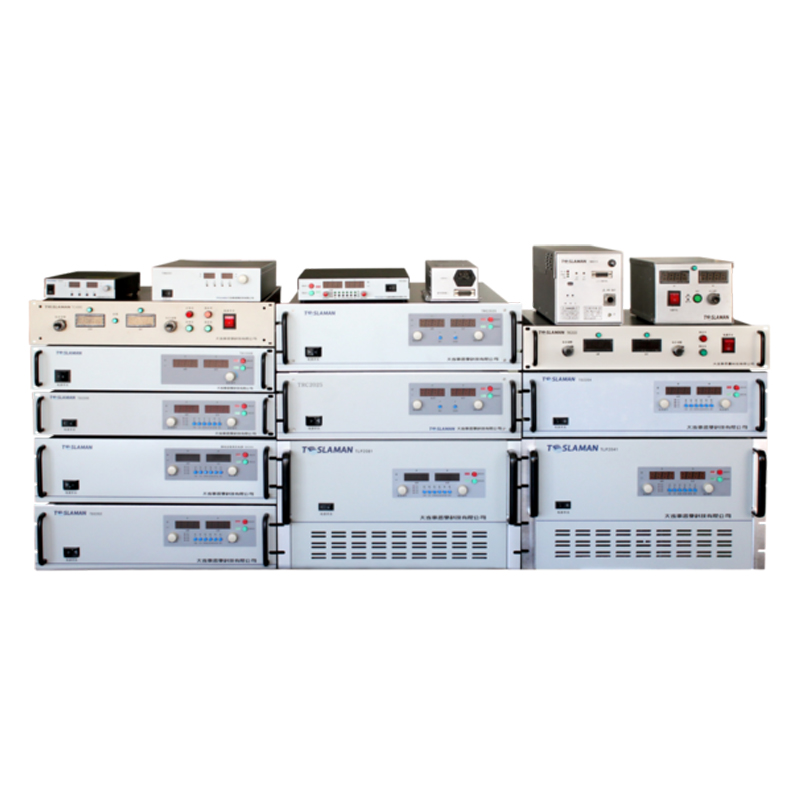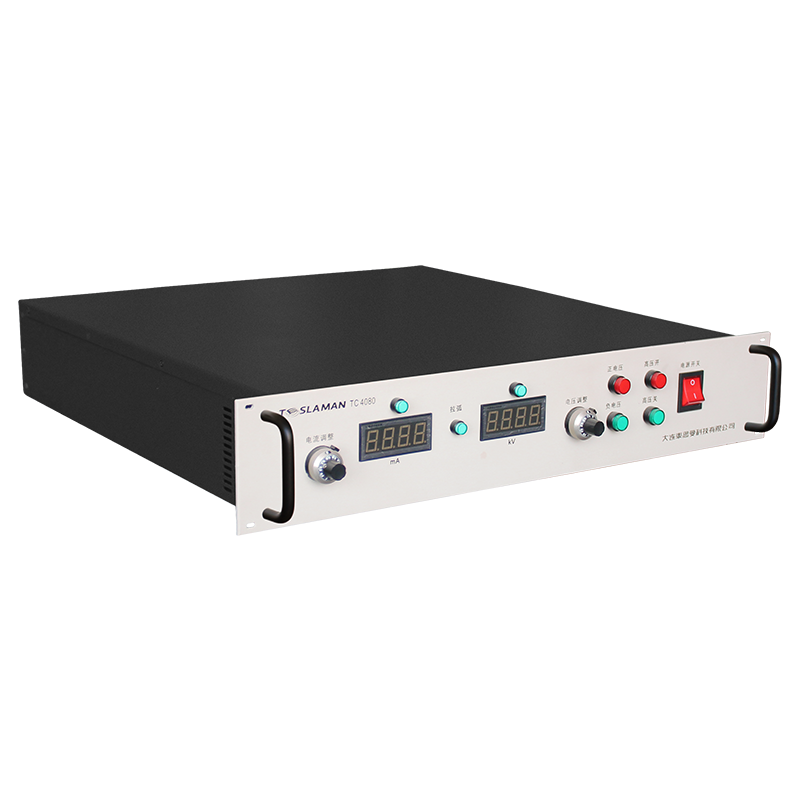The Pivotal Role of High-Voltage Power Supply Systems in Material Science Research
Abstract: Material science is the cornerstone of today's technological development, and its progress has a profound impact on numerous fields. In material science research, high-voltage power supply systems play an indispensable role as important experimental tools. This article will elaborate on the characteristics, applications, and significance of high-voltage power supply systems in material science research.
I. Introduction
Material science is the foundation of modern technological advancements, with its progress having a far-reaching influence on various fields. In the study of materials science, high-voltage power supply systems, as crucial experimental equipment, play an essential role. This article will discuss the features, applications, and significance of high-voltage power supply systems in material science research.
II. Overview of High-Voltage Power Supply Systems
High-voltage power supply systems are capable of providing high voltage and large currents, typically consisting of a high-voltage generator, controller, and protective devices. Their working principle involves converting low-voltage DC or AC power into high-voltage DC power by controlling the conduction and switching of electronic components. High-voltage power supply systems feature stable output voltage, low ripple, and high reliability, meeting the needs of various high-voltage experiments.
III. Applications of High-Voltage Power Supply Systems in Material Science Research
1. Synthesis of New Materials
High-voltage power supply systems have broad applications in the synthesis of new materials. For example, during the preparation of nanomaterials, superconducting materials, polymer matrix composites, and other processes, high-voltage power supply systems are often utilized to induce synthesis reactions using high-voltage electric fields. Additionally, high-voltage power supply systems can be employed to investigate phase transition processes in materials, revealing the relationship between their microstructures and properties.
2. Analysis of Material Physical Properties
High-voltage power supply systems can be used to analyze the physical properties of materials, such as electrical conductivity, dielectric properties, and magnetic properties. By applying different high-voltage electric fields, researchers can study the response characteristics of materials under these conditions, thereby revealing the internal physical mechanisms of materials. This is of great significance for understanding material performance and applications.
3. Investigation of Material Electrochemical Properties
High-voltage power supply systems play a vital role in the investigation of material electrochemical properties. For instance, in the research of energy conversion and storage devices such as lithium-ion batteries and fuel cells, high-voltage power supply systems can provide stable operating voltages and currents, helping researchers gain a deeper understanding of the electrochemical reaction mechanisms of materials and optimize device performance.
4. Improvement of Material Processing Techniques
High-voltage power supply systems have widespread applications in the field of material processing. For example, in plasma spraying, ion implantation, and other surface modification techniques, the high-voltage electric fields generated by high-voltage power supply systems can drive the production of plasmas or ion beams, achieving material surface modification and strengthening. These technologies have significant application value in aerospace, mechanical manufacturing, and other fields.
IV. Key Roles of High-Voltage Power Supply Systems in Material Science Research
1. Provision of Experimental Conditions
High-voltage power supply systems provide essential experimental conditions for material science research. In many cases, only high-voltage electric fields generated by high-voltage power supply systems can reveal special phenomena and changes in material properties. Therefore, high-voltage power supply systems are indispensable experimental tools in material science research.
2. Promotion of Technological Innovation
The development and application of high-voltage power supply systems continuously drive technological innovation in the field of material science. For example, the research and development of novel high-voltage power supply systems have made it possible to conduct experiments at higher pressures and larger currents, providing more possibilities for the exploration and research of new materials. Meanwhile, the combination of high-voltage power supply systems with other experimental equipment promotes interdisciplinary cooperation and innovation.
3. Facilitation of Achievement Transformation
The extensive application of high-voltage power supply systems in material science research not only promotes the development of basic theoretical research but also provides technical support for practical applications. For instance, plasma spraying technology based on high-voltage power supply systems has been successfully applied to the preparation of thermal barrier coatings for aircraft engine blades; ion implantation technology has also achieved remarkable results in semiconductor material modification and biomedical materials. The transformation and application of these achievements are of great significance for promoting the development of related industries.
V. Conclusion
In conclusion, high-voltage power supply systems play a pivotal role in material science research. They serve not only as essential experimental tools but also as important driving forces for technological innovation and achievement transformation. With the continuous development of science and technology, high-voltage power supply systems will play an even more significant role in future material science research.




















